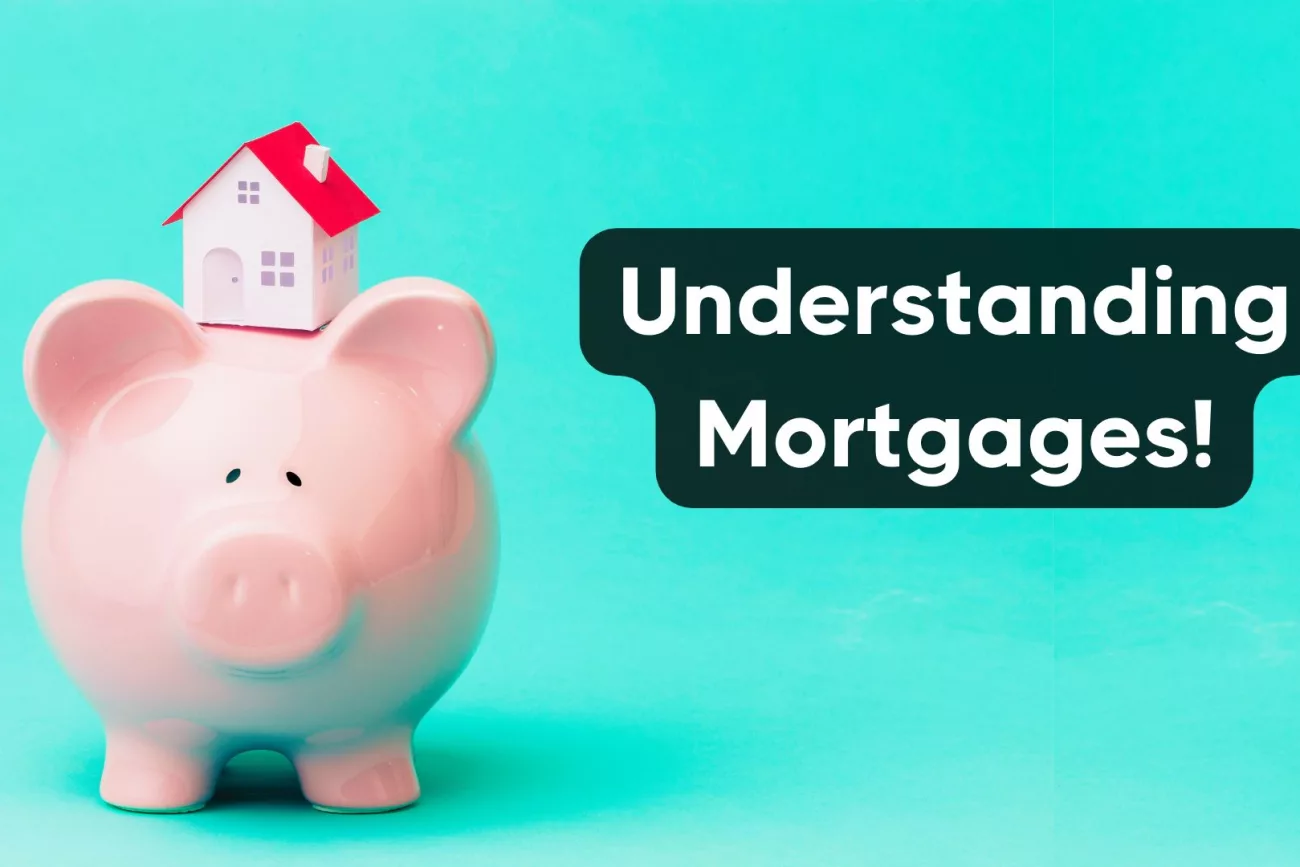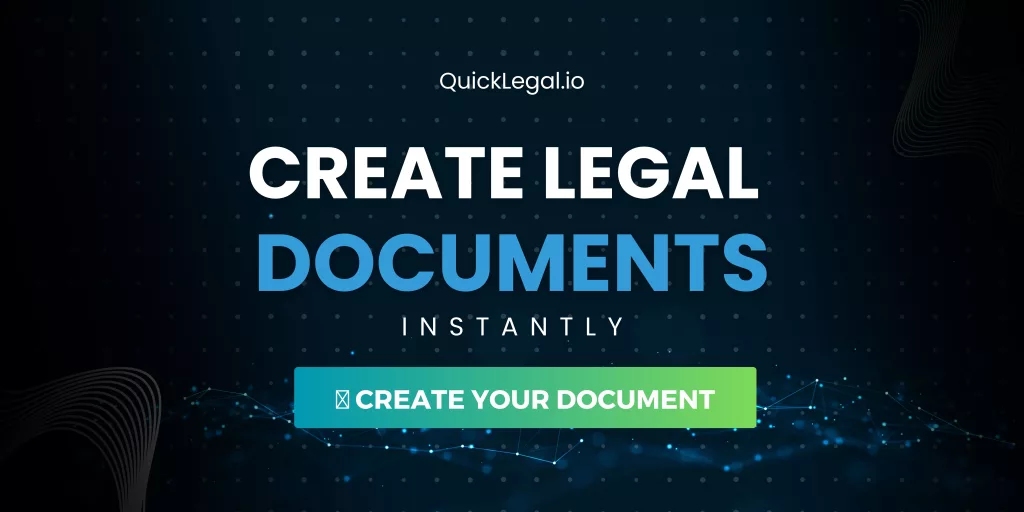
Discover the best home financing options for your unique needs, including fixed-rate mortgages, adjustable-rate mortgages, FHA loans, and more, with this comprehensive guide to navigating the mortgage landscape.
Home financing can be a complex process, but understanding the various mortgage options available can help you make an informed decision. This comprehensive guide will explore different types of home loans, their benefits and drawbacks, and provide real-world examples to illustrate how each option may suit specific situations. Additionally, we’ll discuss the differences in mortgage options by state and provide links to external resources for further information.
Fixed-Rate Mortgages: A Stable Home Financing Option
As mentioned earlier, fixed-rate mortgages (FRMs) offer a consistent interest rate throughout the loan term. This type of home financing is popular among those who prefer predictable monthly payments and long-term stability. For example, a homeowner with a 30-year fixed-rate mortgage at 3.5% interest rate can expect to pay the same monthly payment for the entire loan duration.
Real-world example: In New York, many first-time homebuyers opt for fixed-rate mortgages to lock in a low-interest rate, as the New York Fed reports that mortgage rates have been relatively low in recent years. This allows them to confidently budget for housing expenses without worrying about fluctuating interest rates.
State differences: In states like California and Florida, where property values can be more volatile, fixed-rate mortgages are a popular choice because they provide stability in an otherwise unpredictable market.
External resources: For more information on fixed-rate mortgages, visit the Freddie Mac website and the Federal Housing Finance Agency (FHFA) for the latest mortgage rate trends.
Adjustable-Rate Mortgages: A Flexible Home Financing Alternative
Adjustable-rate mortgages (ARMs) are a more flexible home financing option that can be beneficial for short-term homeowners or those anticipating a future rise in income. These loans start with a lower introductory rate and adjust periodically based on a benchmark index.
Real-world example: A homebuyer in Texas may opt for a 5/1 ARM, which features a fixed interest rate for the first five years, followed by annual rate adjustments. If they plan to sell their home or refinance within five years, they can take advantage of the lower initial interest rate and potentially save on interest costs compared to a fixed-rate mortgage.
State differences: In states with rapidly growing economies, such as Colorado or North Carolina, adjustable-rate mortgages may be more appealing to homebuyers who expect their income to increase over time, allowing them to handle potential rate adjustments more comfortably.
External resources: To learn more about adjustable-rate mortgages, visit the Consumer Financial Protection Bureau (CFPB) for detailed explanations and resources.
FHA Loans: A Home Financing Solution for First-Time Homebuyers
Federal Housing Administration (FHA) loans are government-backed mortgages designed to help lower-income and first-time homebuyers qualify for a mortgage with lower down payment requirements and more lenient credit score criteria.
Real-world example: A first-time homebuyer in Ohio with a credit score of 620 and limited savings for a down payment might choose an FHA loan to purchase their first home. This loan option allows them to put down as little as 3.5% while still securing a mortgage.
State differences: FHA loan limits vary by state and county, so it’s essential to research local regulations to understand the maximum loan amount you can obtain. For instance, FHA loan limits in San Francisco, California, are higher than in Des Moines, Iowa, due to the significant difference in median home prices.
External resources: For more information on FHA loans and loan limits, visit the U.S. Department of Housing and Urban Development (HUD) and the FHA’s official website.
📄 Create home financing documents in minutes!
🚀 Experience effortless legal document creation with our step-by-step builder, designed to guide you through each stage, guaranteeing a legally binding outcome. Just fill in the blanks, sign, and witness the value-added transformation for your business! 🚀
VA Loans: Home Financing for Veterans and Military Service Members
Veterans Affairs (VA) loans offer home financing opportunities for eligible veterans, active-duty service members, and their families. VA loans do not require a down payment, and they typically feature competitive interest rates and no private mortgage insurance (PMI) requirements.
Real-world example: A veteran living in Virginia might use a VA loan to purchase a home without a down payment, allowing them to become homeowners more quickly than if they had to save for a traditional mortgage down payment.
State differences: While VA loan benefits are consistent across the United States, individual states may offer additional incentives or programs for veterans and military service members. It’s crucial to research your state’s specific offerings to maximize your home financing benefits.
External resources: For more information on VA loans and eligibility requirements, visit the U.S. Department of Veterans Affairs and the Veterans Benefits Administration.
USDA Loans: Home Financing for Rural and Suburban Homebuyers
United States Department of Agriculture (USDA) loans provide home financing opportunities for low-to-moderate-income homebuyers in eligible rural and suburban areas. These loans require no down payment and offer competitive interest rates.
Real-world example: A family in rural Georgia might use a USDA loan to purchase a home with no down payment and a lower interest rate than what they could obtain through a conventional mortgage.
State differences: USDA loan eligibility is based on the location of the property and the applicant’s income. It’s essential to research whether your desired property falls within USDA-designated rural or suburban areas and whether your income meets the program’s requirements.
External resources: For more information on USDA loans and eligibility criteria, visit the USDA Rural Development website and the USDA Single Family Housing Guaranteed Loan Program.
By understanding the various home financing options available and considering your unique financial situation, you can make an informed decision about which mortgage type is best suited for your needs. It’s essential to consider factors such as your credit score, down payment availability, long-term homeownership plans, and the state-specific differences in mortgage options when making your decision.
Balloon Mortgages: A Home Financing Option for Short-Term Borrowers
Balloon mortgages are short-term home financing solutions that require borrowers to make smaller monthly payments for a specified period, typically 5-7 years. At the end of this term, the remaining loan balance becomes due as a lump sum payment.
Real-world example: A homebuyer in Michigan who plans to sell their property or refinance within a few years might choose a balloon mortgage. This option allows them to take advantage of lower monthly payments before the balloon payment is due.
State differences: Some states have restrictions or regulations surrounding balloon mortgages, so it’s essential to research local laws and consult a mortgage professional to determine if this home financing option is available and suitable for your specific situation.
External resources: For more information on balloon mortgages, visit the National Association of Realtors and the Mortgage Bankers Association.
Choosing the Right Home Financing Option: Factors to Consider
Selecting the most suitable home financing option requires careful consideration of your financial situation, homeownership goals, and market conditions. Here are some factors to keep in mind when making your decision:
- Credit score: Your credit score plays a significant role in determining the interest rate you’ll receive on your mortgage. Higher credit scores generally result in lower interest rates, so it’s crucial to maintain a strong credit history.
- Down payment: The amount of money you can put down on a property will influence your mortgage options. Some loans, like FHA and USDA loans, require lower down payments, while others, like conventional mortgages, may require a higher down payment to secure the best interest rates.
- Loan term: Consider whether you want a shorter loan term with higher monthly payments or a longer loan term with lower monthly payments. Your decision will depend on your financial stability and long-term goals.
- Interest rate type: Determine whether a fixed-rate mortgage or an adjustable-rate mortgage is more suitable for your needs. Fixed-rate mortgages offer stability, while adjustable-rate mortgages can provide initial savings and flexibility.
- State-specific programs and incentives: Research state-specific home financing programs and incentives that may be available to you. These can include first-time homebuyer programs, down payment assistance, and tax credits.
Key Takeaways
Navigating the home financing process can be challenging, but understanding the various mortgage options available and considering your unique financial situation can help you make an informed decision. By exploring fixed-rate mortgages, adjustable-rate mortgages, FHA loans, VA loans, USDA loans, and balloon mortgages, you can select the most suitable home financing option for your needs.
Remember to take into account factors such as credit score, down payment, loan term, interest rate type, and state-specific programs when making your decision. Armed with this knowledge, you’ll be better prepared to embark on your homebuying journey and secure the mortgage that best fits your individual needs.
Frequently Asked Questions (FAQs)
Q. What is home financing?
Q. What are the primary factors affecting home financing eligibility?
Q. What are the most common types of home financing?
Q. How do I determine the best home financing option for my needs?
Q. What can I do to improve my chances of securing home financing?
📄 Effortlessly Create Your Legal Documents Instantly!
🚀 Slash legal fees and save precious time with our expert-crafted DIY templates designed to streamline your business operations. Trust our legal documents to simplify your journey to success! 🚀













